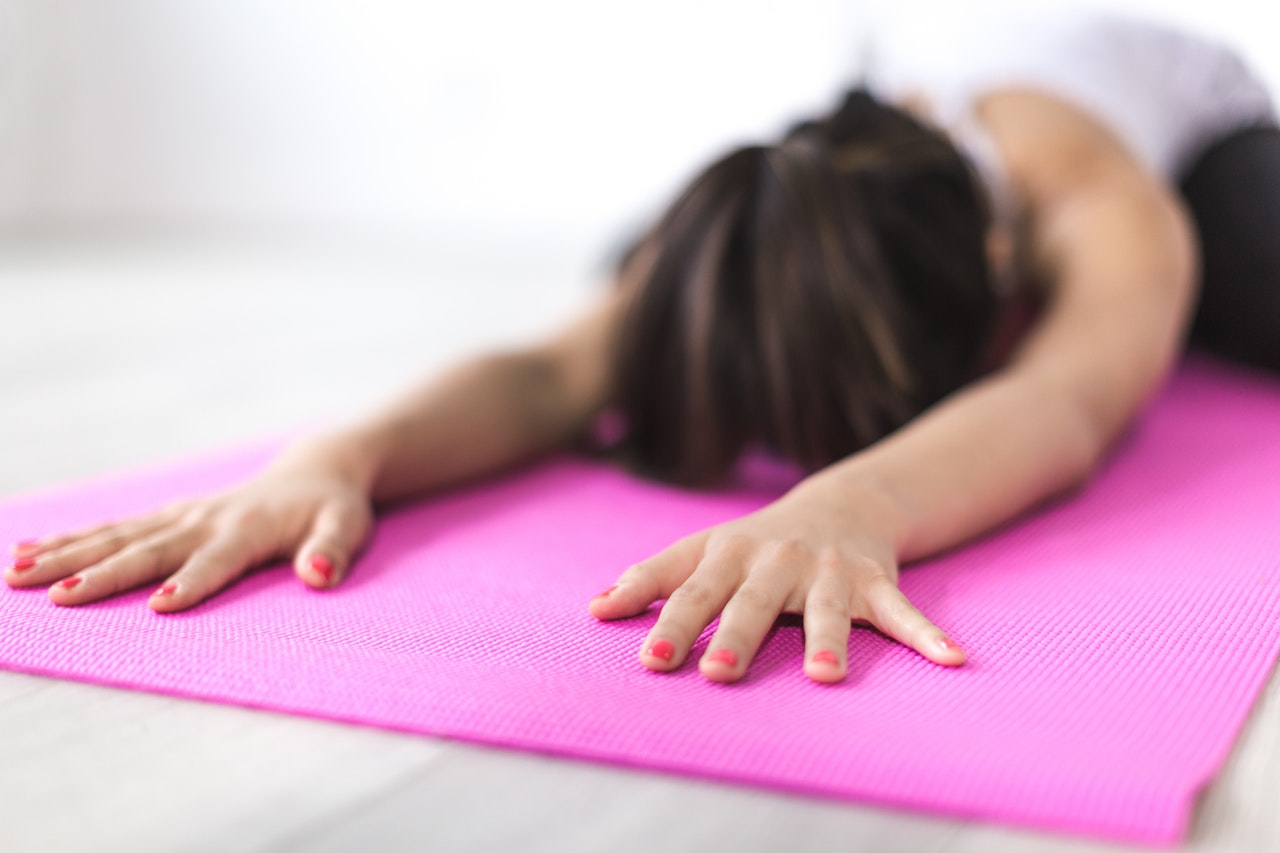Morning Musings on Yin Yoga
I sit here this morning waiting to sub for a mostly Yin yoga class. It’s been a busy few months: completing my certificate of advanced graduate study, settling into a new clinical position, and preparing to take my mental health licensing exam. As such, I’ve scaled back a bit on teaching for the summer and have been taking the time to deepen my understanding of yoga and psychotherapy practices.
And so I approach this morning’s class with an especially contemplative attitude, having steeped myself in yoga and therapy books, blogs, treatment manuals, webinars and professional publications for the past few months. Rather than become long-winded, I will simply share those things that I have been contemplating today and the conclusions I have come to. Mainly, as I continue to integrate yoga and psychotherapy, I find myself asking on this Yin Yoga morning:
Do people outside of the already-practicing yoga community really even know what Yin yoga is? Do people know what the philosophy of any of the different forms or yoga are?
Following up on that question, what is our responsibility as yoga teachers or psychotherapists to refer students or clients to the most appropriate yoga practice? And how do we fulfill that responsibility?
Does it really matter what style of yoga people practice? How are Yin practices beneficial for mental health conditions? And are these any different from other forms of yoga practice?
Based on our own experiences as teachers, students, therapists, clients, and people we may all come up with different answers to those questions. Here’s what I came up with that felt comfortable for me:
I’ve found that more people are becoming aware of Yin styles of yoga, which very simply put is a more restorative form of yoga aimed at working deeper tissues of the skeletal body versus the musculature normally targeted in “traditional” Yang styles of yoga. However, I also find that most people who are familiar with Yin have already had some first-hand experience or have regularly practiced yoga in some way, shape, or form. This scenario is not limited to Yin yoga, but something I see among the general public regarding all forms of yoga: it is usually only people who already have experience who can articulate what type of yoga they practice. And even then, I often hear students report that they practice one form of yoga but still don’t know much about what that means.
Yes, I believe all yoga is beneficial. After all, the many different schools of yoga originally came from a common lineage. However, I see a lot of people fall into yoga classes out of convenience (this studio is close to my house, this time works for me, I know this yoga teacher, the class is more affordable, etc). Yet I can’t help but wonder what people’s experiences would be like if we gave them more formalized direction. As a therapist, I conduct initial assessments on all of my clients to determine family history, mental health history, presenting problem, and a treatment plan. This means creating an individualized approach for each client and utilizing treatment components that have shown to work with the client’s diagnosis. What if we did the same for yoga? For example, instead of recommending “yoga”for a client with depression and self-esteem issues, recommending a “Kripalu-style yoga class”, or maybe a “supportive Iyengar teacher” for someone with body dysmorphia?We refer people to yoga but not always to a specific type of yoga.
Any yoga is good yoga, but I believe certain schools of yoga resonate with certain individuals. Recently I have been reading Yoga for Emotional Balance by Bo Forbes. One thing she points out is that in all her years of yoga and psychotherapy practice, she has found restorative yoga poses and practices that quiet the nervous system to benefit depression and anxiety in her clients more than other yoga postures. I would argue that Yin yoga does the same thing. In clients with anxiety, the nervous system is hyperactive and results in both physical and mental hyperarousal. In depression, the body may be depressed but the mind may still be a constant stream of negative thoughts. Practices like Yin and Restorative yoga allow time for the nervous system to return to equilibrium, thus relieving both physical and mental arousal. They help slow the speed at which our brain sends messages to our body. Yes, all yoga classes include these practices in some way, shape, or form (think Savasana), but would it be beneficial for someone with anxiety to spend more time in a Yin style class then a fast-paced Vinyasa class that may be continuing the arousal? I think arguments could be made for either point, but that argument is for another day

